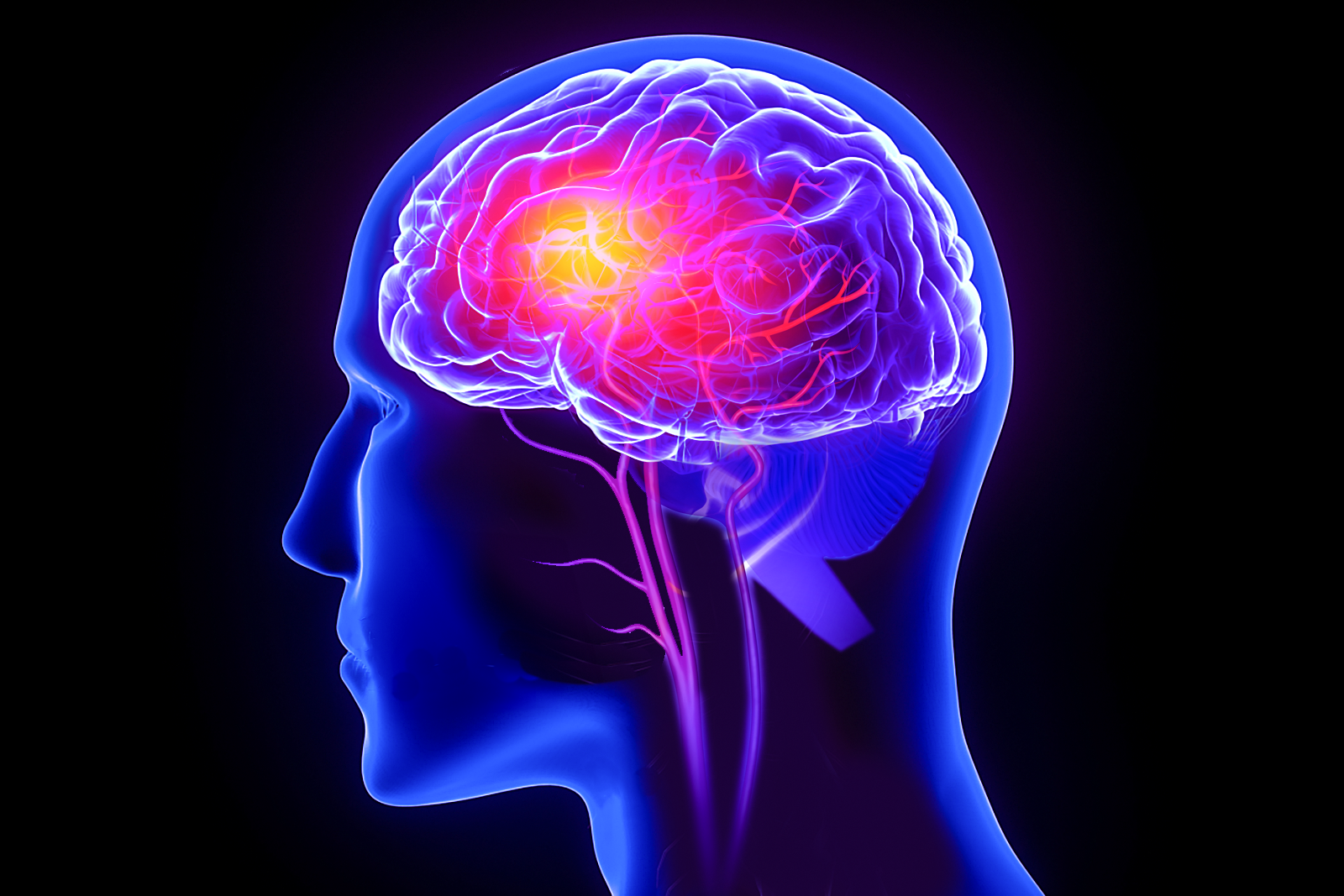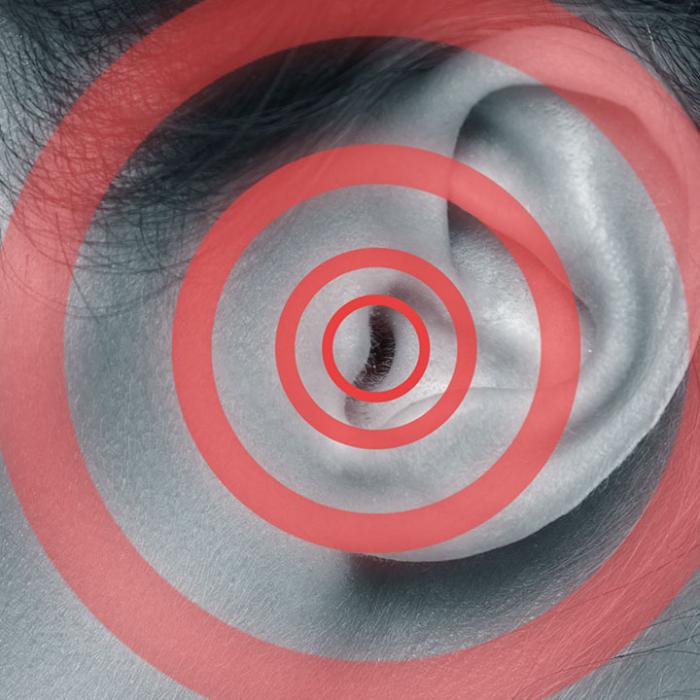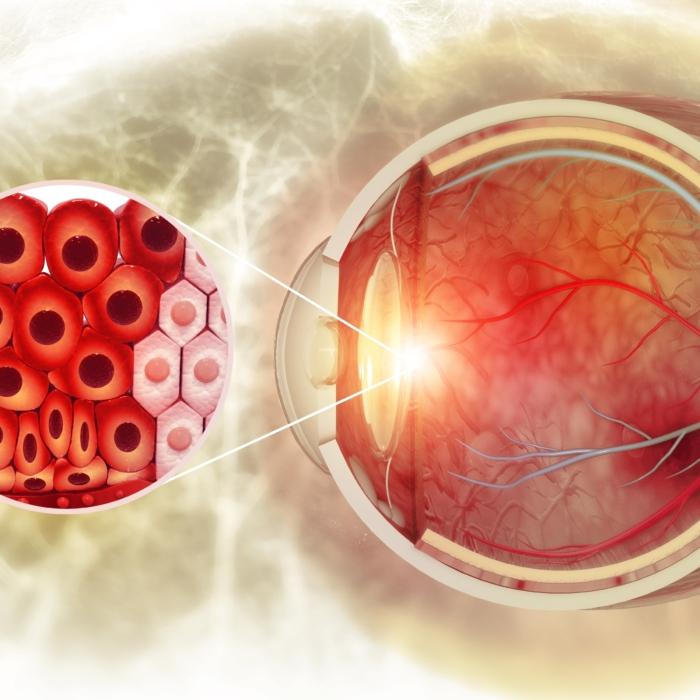Dr. Patrick William Slater is a 60-year-old neurotologist. A few years ago, he had a full-time medical practice in Austin and enjoyed hunting and fishing in the mountains during his downtime.
Then, in October 2021, Dr. Slater came down with cerebellar ataxia, a disease affecting movement. He couldn’t eat or go to the bathroom without help.
While his ataxia could be managed using drugs, it wasn’t always effective against his biggest complaint: unprecedented panic attacks.
Almost every night, Dr. Slater would experience panic attacks that left him in “abject terror.” He thought about killing himself many times, he told The Epoch Times.
No one could provide a satisfactory answer about why he had developed these symptoms. Nothing abnormal showed up on his laboratory reports, and his neurologists and psychiatrists dismissed his symptoms as anxiety.
But Dr. Slater is convinced that the COVID-19 mRNA vaccines are the culprit.
Dr. Slater was suspicious when the symptoms first appeared within about two weeks of getting the second dose of the COVID shot. The second—and worse—wave of career-ending symptoms had coincided with his third shot.
After taking the booster, “there was no question in my mind,” Dr. Slater said.

Increase in Unusual Psychiatric Illness
Beginning in late 2020 with the COVID vaccine rollout, some doctors have seen an increase in unusual psychiatric illnesses.Psychiatrist Dr. Amanda McDonald noticed a wave of psychiatric destabilization among her stable patients. They experienced flare-ups, often manifesting with worsened or new psychiatric symptoms.
“I couldn’t figure out why,” Dr. McDonald told The Epoch Times. “My patients typically stay stable.” But many stable patients were suddenly arriving at her office with insomnia, depression, and anxiety “without any sort of rhyme or reason.”
She increased some patients’ medication doses or added new drugs to their regimen, but it had little effect.
A recurring pattern Dr. McDonald sees is atypical panic attacks, which can feel like having a heart attack. Brought on with no apparent trigger, symptoms typically escalate as the evening progresses and climax at night. A typical panic attack can occur anytime throughout the day but often has triggers, and it is easy to treat if patients can avoid these triggers.
After spending over a year following her patients, Dr. McDonald realized that COVID-19 vaccines may be linked to their psychiatric illnesses.
“I already had an existing patient population when the pandemic hit that I knew very well. What I saw was manifestations in that patient population,” Dr. McDonald added.
Dr. Diane Counce, neurologist and neuroradiologist, observed an increase in severe anxiety and worsened mood.
“People also talk about how their personality has changed,” she told The Epoch Times. In cases where a family member has brought in a patient, “[The family] will say, ‘they’re just different.’”
The Evidence
Unlike myocarditis, no conclusive proof exists that COVID-19 vaccinations cause psychiatric illness. A multitude of studies, however, have linked COVID-19 vaccines with psychiatric symptoms, including depression, anxiety, panic attacks, psychosis, and suicidality.
The Vaccine Adverse Event Reporting System (VAERS) is a self-reporting database co-managed by the U.S. Centers for Disease Control and Prevention (CDC) and the U.S. Food and Drug Administration (FDA), used to surveil for early warning signs of potential adverse reactions. VAERS has documented over 9,400 and 1,600 cases of anxiety and depression, respectively, in relation to the COVID-19 vaccines. The vaccines comprise, respectively, over 60 percent and up to 50 percent of all anxiety and depression reports on VAERS.Other less common adverse reactions include 1,500 reports of panic attacks (over 80 percent of VAERS reports), over 1,100 cases of hallucinations (over 65 percent), and 975 cases of irritability (10 percent).

Psychosis
Psychosis includes both hallucinations and paranoia. Acute episodes after taking the shots have been reported in case studies.Doctors treated her with antipsychotics and mood stabilizers, but four months of hospitalization later, only her behavior had improved. Her psychosis remained.
He exhibited bizarre behaviors in the hospital, including sitting up and lying down frequently with mannerisms like praying in the bed. He was prescribed antipsychotics, but the behavior persisted for over a month after discharge.
Doctors then put him on a steroid regimen. Steroids are anti-inflammatory and can help calm an overactive immune system. The boy’s symptoms improved.
She had no neurological abnormalities, and all her lab tests came back normal, including a COVID-19 test. Two weeks after being given psychoactive drugs, her symptoms resolved.
Symptoms onset shortly after vaccination, exclusion of other likely causes, and absence of genetic predisposition “indicate the psychiatric adverse event may be related to the vaccine,” researchers from All India Institute of Medical Sciences and District Hospital wrote in the case report.
Cases of psychosis lasting several days, weeks, and months have also been reported in the literature.

Suicides and Suicidality
According to React19, a nonprofit advocacy group supporting people with postvaccine symptoms, suicide is a present risk for people with vaccine injuries. However, often, it is hard to determine whether people become suicidal due to their injuries becoming too unbearable or due to a primarily physiological reaction to the vaccine.
He experienced fatigue after the first booster shot and, upon his fourth shot, developed a mild headache and a floating sensation.
Four days after vaccination, however, he became highly talkative with grandiose delusions, “saying that he had won 2 billion yen in horse racing. He also presented with emotional instability, such as crying when saying ‘Everyone would be happy.’”
The neurologist he saw found no neurological disorders, such as possible encephalitis, nor signs of infection. Over a week after vaccination, he jumped from the second floor of his house and was returned to the hospital by ambulance.
Overlap With Cognitive Impairments
Psychiatric symptoms can also overlap with cognitive impairments like reduced memory. Dementia, for example, can manifest symptoms like depression.Dr. McDonald treated a vaccinated patient who developed dementia-like depression. The patient, despite being in her 90s, was highly independent and lived by herself. After getting the booster, she was diagnosed with dementia and placed in a nursing home.
Taking ivermectin reversed her symptoms.
Neurologists like Dr. Suzanne Gazda, however, are concerned about untreated cases. “There are so many people that don’t even realize that they’re injured.”
Dr. Gazda has an integrative practice that treats thousands of patients with neurodegenerative diseases, and many report symptoms of cognitive decline with psychiatric symptoms.
Dr. Counce also has several vaccinated patients who developed brain atrophy. One patient had hippocampal atrophy with symptoms of memory loss and personality changes.
Dr. Counce reasoned that if the hippocampus, which serves as the brain’s memory center, atrophies, the adjacent limbic system, which processes emotions, may be similarly affected.

Possible Causes
But how exactly can vaccines lead to a person’s change of mental status and personality?According to doctors who treat both postvaccine and post-COVID conditions, the two syndromes are quite similar in their symptoms.
Dr. McDonald has found that anti-inflammatory drugs and therapeutics, such as ivermectin, hydroxychloroquine, and hyperbaric oxygen therapy, often help patients stabilize their moods.
She prescribed ivermectin for her psychiatric patients who were destabilized after taking the vaccines and saw significant improvement.
As a doctor who treated hundreds of vaccine-injured and long-COVID patients, one day, she herself developed long COVID after infection. She woke up with unexplainable negative thoughts. “I put myself in a hyperbaric machine,” she recalled, and 10 minutes after, “my mood symptoms had disappeared.”

Blood clotting, a common harm caused by spike protein, reduces the oxygenation of tissues and renders them unable to function at optimum levels, forcing them to age.
Blood clotting in the brain can cause cognitive impairments and symptoms of anxiety, depression, and psychosis as neurons become stressed and damaged.
Dr. Counce had one patient who reported anxiety, erectile dysfunction, and visual impairment. Upon taking medication for his erectile dysfunction (vasodilator drugs that increase blood volume), his visual problems improved. Realizing that the patient had microclotting, Dr. Counce put him on aspirin and nattokinase and saw positive effects.
Spike protein can also directly harm the brain, possibly leading to a disturbance in brain activity and psychiatric problems.
It can also infiltrate immune cells, causing them to release histamine. Histamine can enter the brain and inflame and irritate the nerves.
Mr. Marsland has a postvaccine patient who only had physical symptoms. One day, the patient suddenly became suicidal.
After a painstaking conversation, Mr. Marsland figured out that the only change the patient made was switching from black tea to pu-erh tea.
“Pu-erh has incredibly high histamine content,” Mr. Marsland explained. “So he stopped drinking it, and guess what, within two days, he was back to baseline.”
These genes are called human endogenous retroviruses, also known as HERVs, said Dr. Adonis Sfera, a psychiatrist at Patton State Hospital. HERVs are a family of viruses within the human genome.
COVID-19 vaccines have also been shown to damage the gut microbiome, possibly leading to psychiatric symptoms since many of our neurotransmitters are produced in the gut.



The Bigger Problem
While patients with vaccine-related psychiatric illnesses can often be treated, what’s concerning is that some vaccine-injured patients are diagnosed as mentally ill even though they aren’t.Many patients develop physiological symptoms after vaccination. When they went to doctors for help, some were not taken seriously and dismissed as being anxious or stressed, said Mr. Marsland.
Nicole Sclafani, a former charge nurse at an emergency department, developed visual problems and chronic muscle pains three months after taking her primary vaccine doses. Her symptoms were exacerbated after she contracted COVID-19, and she said that neurologists, rheumatologists, and even her gastroenterologist prescribed her antidepressants.
“I’ve even had a neurologist say, ‘I would be doing you a disservice if I didn’t tell you that all of your symptoms are from stress,’” Ms. Sclafani told The Epoch Times.
When she first saw doctors, she told them she considered vaccine reaction to be a possible cause. She has since given up telling them this.
“Almost every doctor, if I said it was the vaccine, you could see their face ... I was a nurse, I know that look,” Ms. Sclafani said.


Functional neurological disorder is poorly defined, according to psychiatrist Dr. Cristian Ciora, who is trained in psychoanalysis. It refers to a condition in which the mind finds a solution to psychological difficulties by creating physical symptoms.
“It shouldn’t be a wastebasket diagnosis. You have to have some kind of proof that the mind produces those things, and that’s not easy,” he said.
Moreover, the vaccine-injured are more likely to experience side effects and paradoxical reactions from psychoactive medications, Dr. Ciora has noticed from talking to patients.
Paranoia in a Paranoia-Inducing World
Some vaccine-injured patients become anxious before seeing doctors, and some find it difficult to trust them.After more and more doctors prescribed her antidepressants, Ms. Sclafani became paranoid about their medical decisions.
Despite her low sodium levels, doctors prescribed her selective serotonin reuptake inhibitors (SSRIs) or serotonin and norepinephrine reuptake inhibitors (SNRIs)—which could be dangerous as they lower sodium levels. She told the doctors about her medical condition, but they did not seem to listen.
“I am afraid that the doctor didn’t care enough, listen enough, pay attention enough,” Ms. Sclafani said. “The example about the sodium, if you were paying attention, you never would have prescribed [those drugs]. So that’s where I leave the office. I go fill the prescription, and then I never take the medication. From a psychiatric point of view, that might constitute paranoia, but I think it’s validated.”
Vaccine-injured people, especially those who took the vaccine out of goodwill, may experience both a breakdown of their worldview and of themselves, said Dr. Ciora.
He uses the iconic scene from the movie “The Matrix” as an analogy.
Neo, the main character, takes a red pill and discovers that he has been living in a machine-generated reality for his entire life. He cannot accept this reality, and vomits in disbelief.
 For the vaccine-injured, the people they once trusted—health officials and government leaders—now dismiss their lived realities.
For the vaccine-injured, the people they once trusted—health officials and government leaders—now dismiss their lived realities.“If everyone says you’re wrong while telling you things you know to be false, you don’t know what to trust,” Dr. Ciora said.
And, you don’t know what’s reality and what’s not, he added.















